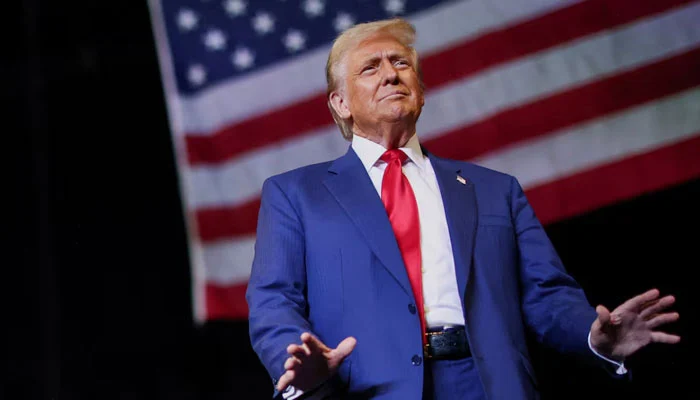In recent years, President Donald Trump’s assertive trade policies have reshaped the global economic landscape, leading to heightened tensions and significant shifts in international alliances. Central to this approach is the imposition of tariffs and a departure from traditional diplomatic norms, aiming to prioritize American interests.
Escalation of Trade Conflicts
A hallmark of Trump’s strategy has been the aggressive use of tariffs to address perceived trade imbalances and protect domestic industries. Notably, the administration has targeted key trading partners:
- China: Citing concerns over trade deficits and intellectual property violations, the U.S. has imposed tariffs on a range of Chinese goods. This move has strained relations between the two economic powerhouses, with potential repercussions for global supply chains.
- Canada and Mexico: Despite the United States-Mexico-Canada Agreement (USMCA), the administration has threatened tariffs to address issues such as immigration and drug trafficking. These actions risk undermining regional economic integration.
- European Union: The U.S. has expressed dissatisfaction with the EU’s digital services taxes affecting American tech companies and has threatened tariffs on European automotive exports. Given that the U.S. is a primary market for EU-made cars, such measures could have significant economic implications for Europe.
Impact on Global Alliances
Trump’s policies have not only affected adversaries but have also caused friction with traditional allies. The administration’s demands for increased defense spending by NATO members and its transactional approach to alliances have led to tensions within longstanding partnerships. This shift from cooperative diplomacy to a more confrontational stance has prompted allies to reconsider their strategic alignments.
Domestic and International Reactions
Domestically, these policies have garnered mixed reactions. Supporters argue that they protect American jobs and industries, while critics warn of potential economic downturns and increased consumer costs. Internationally, affected nations are exploring countermeasures, including retaliatory tariffs and strengthening trade ties with other global players, notably China.
Historical Context and Future Implications
Historically, the U.S. has championed free trade and multilateralism. However, the current administration’s protectionist policies mark a significant departure from this tradition. As the global community adapts to these changes, the long-term effects on international trade dynamics and geopolitical stability remain uncertain.
In conclusion, President Trump’s trade doctrine has introduced a new era of economic nationalism, challenging existing global trade frameworks and altering the United States’ role on the world stage. As these policies continue to unfold, their full impact on both domestic and international fronts will become increasingly evident.



Comments (0)
No comments yet. Be the first to comment!
Leave a Comment